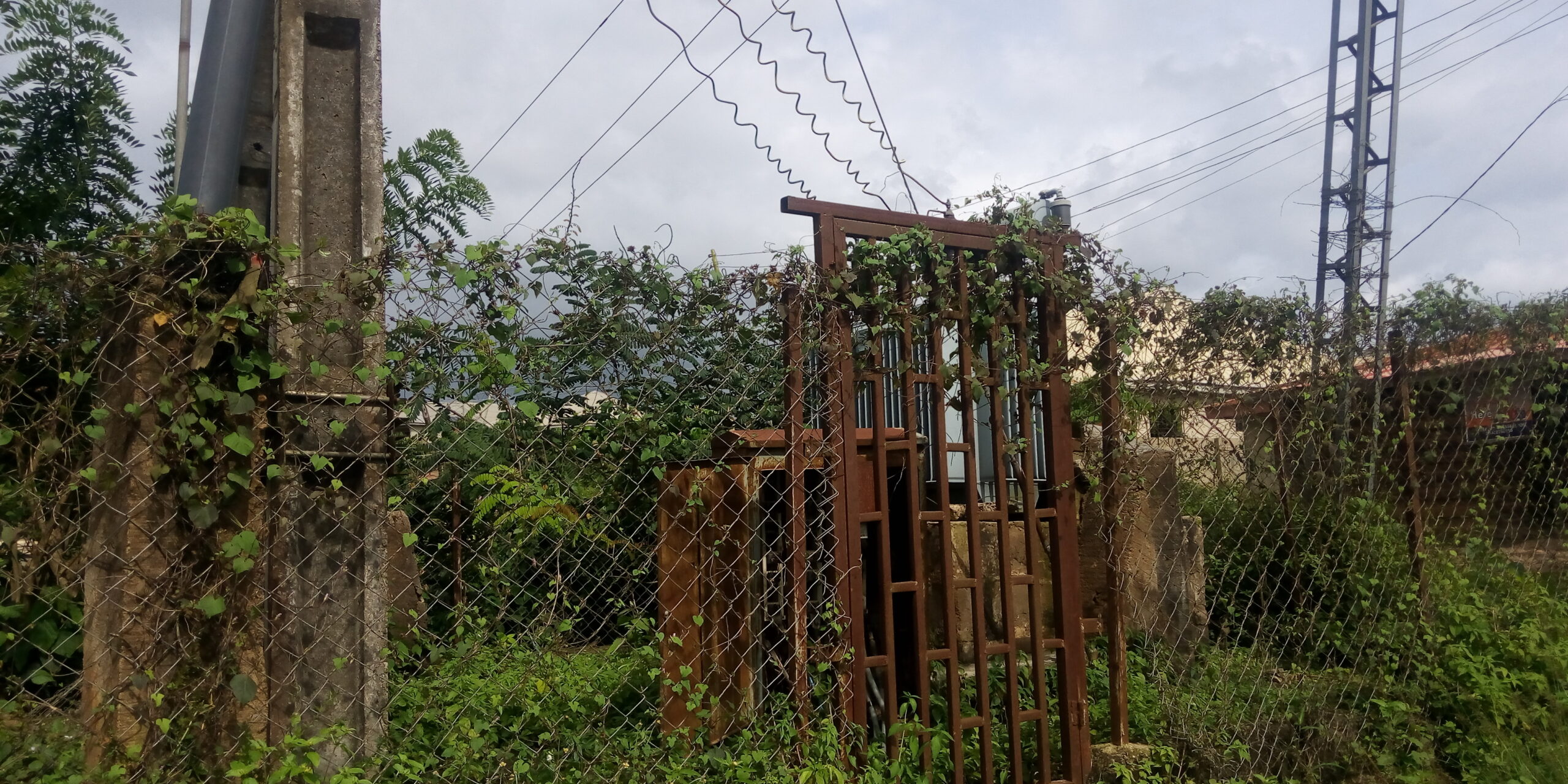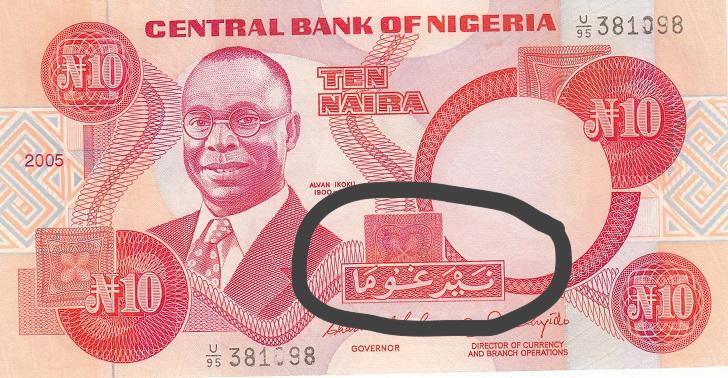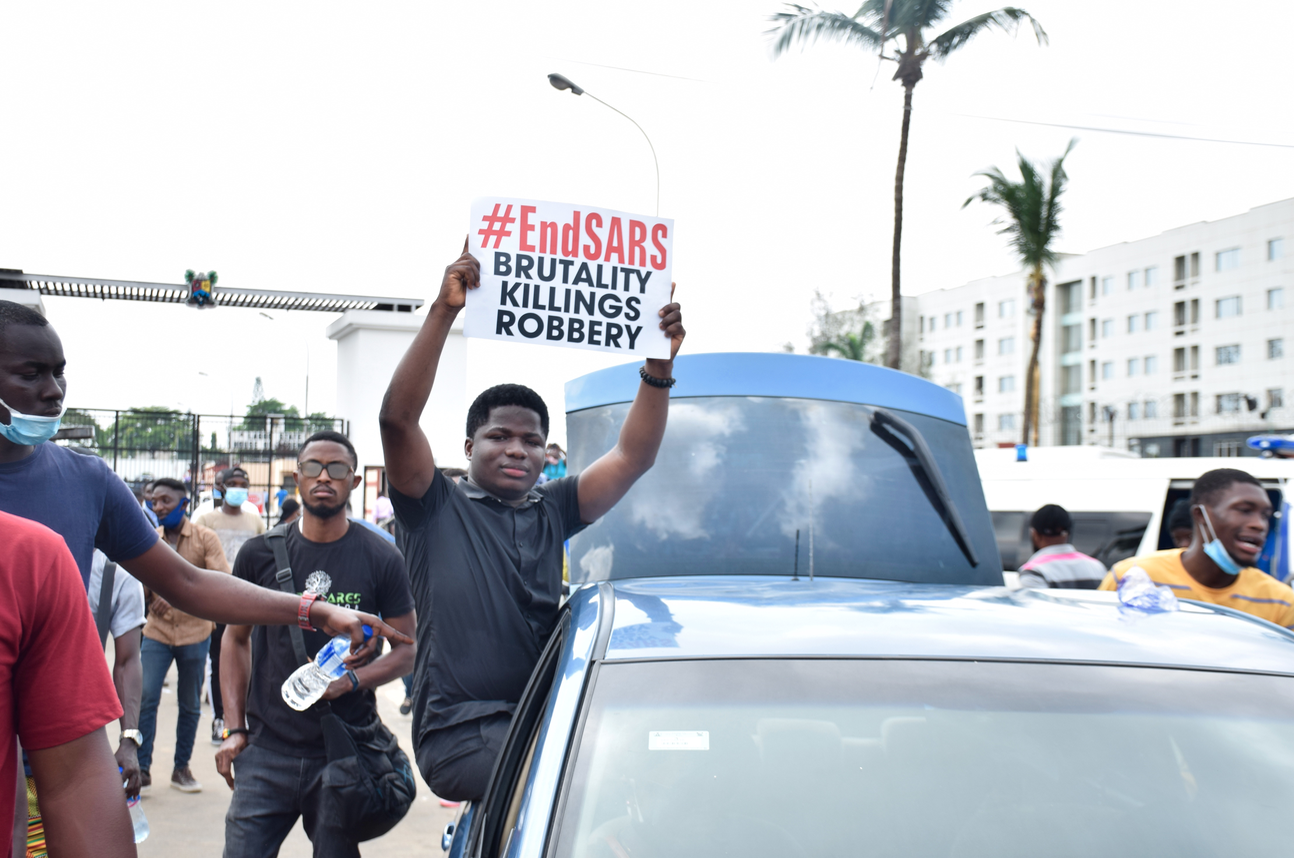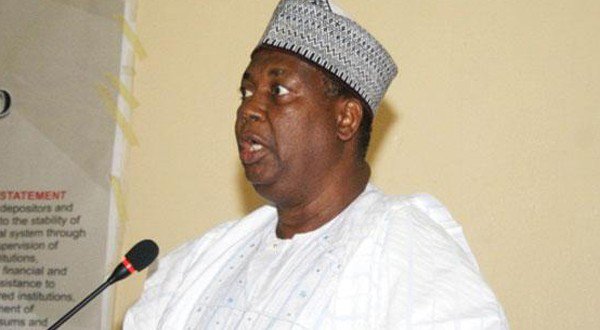BY GABRIEL OGUNJOBI
Almost one year after residents of Surulere community in Akure south local government area of Ondo state taxed themselves to buy two transformers and poles worth N7 million, the community is still in darkness and they are concerned that the Benin Electricity Distribution Company (BEDC) has refused to restore their electricity supply.
“What exactly is our sin? Even if we had grieved the authorities, don’t we deserve to be forgiven?” an eloquent 56-year-old Kolawole Aribisala almost gave in to his emotions when those words slipped out of his mouth. He was not the only aggrieved person around there but when he spoke, everyone listened – so his words settled profoundly. He recounted the ordeals of many.
For the past two years, he has been laden with the task of clearing the menace of electricity blackout in his district, partly because he is a founding member of that settlement and the secretary.
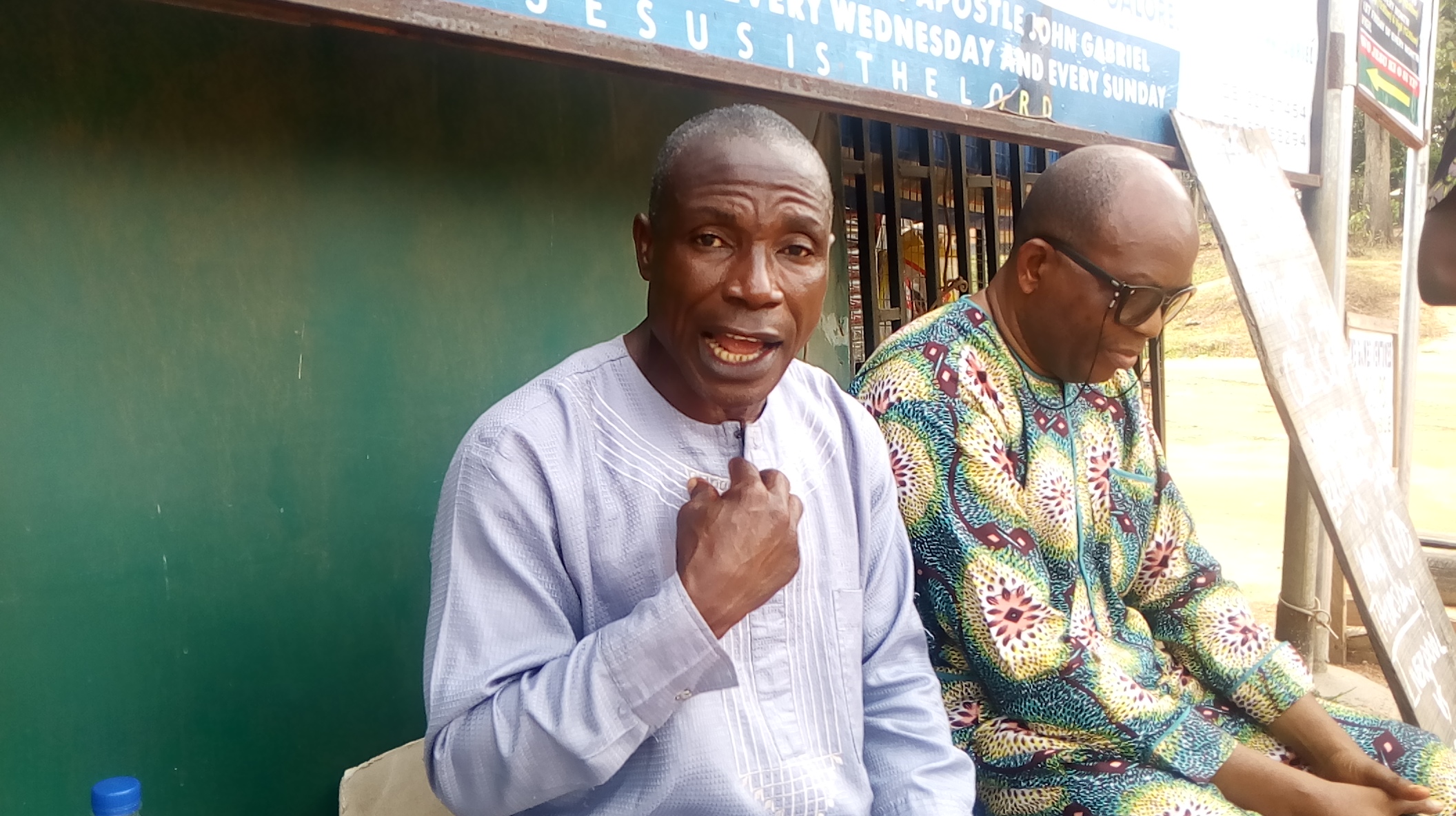
At the T-junction where he sat that afternoon on September 29, there were many shops on the parallel line and at stone-throw was a 250 KVA transformer. The transformer had reclining wires and three high-tensioned fuses connected to it, yet overgrown with bushes. That was the very reason both the young and old rallied around Aribisala.
Advertisement
They said the blackout has lasted too long and if BEDC had shown half willingness as the people had, their travails would have been told in the past tense. Since December 24, 2018, that they first experienced the power surge, the power firm has not lived up to expectation.
Like Aribisala, the community coordinator, Stephen Odefadehan, has gained only one thing from the people he leads: “shame!”
“Many people have donated all they can afford to this struggle. Now, we appear like liars to them. There are houses we dare not visit again. They thought we connived with Akure office of BEDC to extort and keep them in perpetual darkness,” he said with a tone of regret.
Advertisement
The electricity crisis, he noted, has led to unresolved rancour in the entire community of eighteen sub-urban areas.
OVERBILLING: TAKING UNDUE ADVANTAGE OF THE PEOPLE
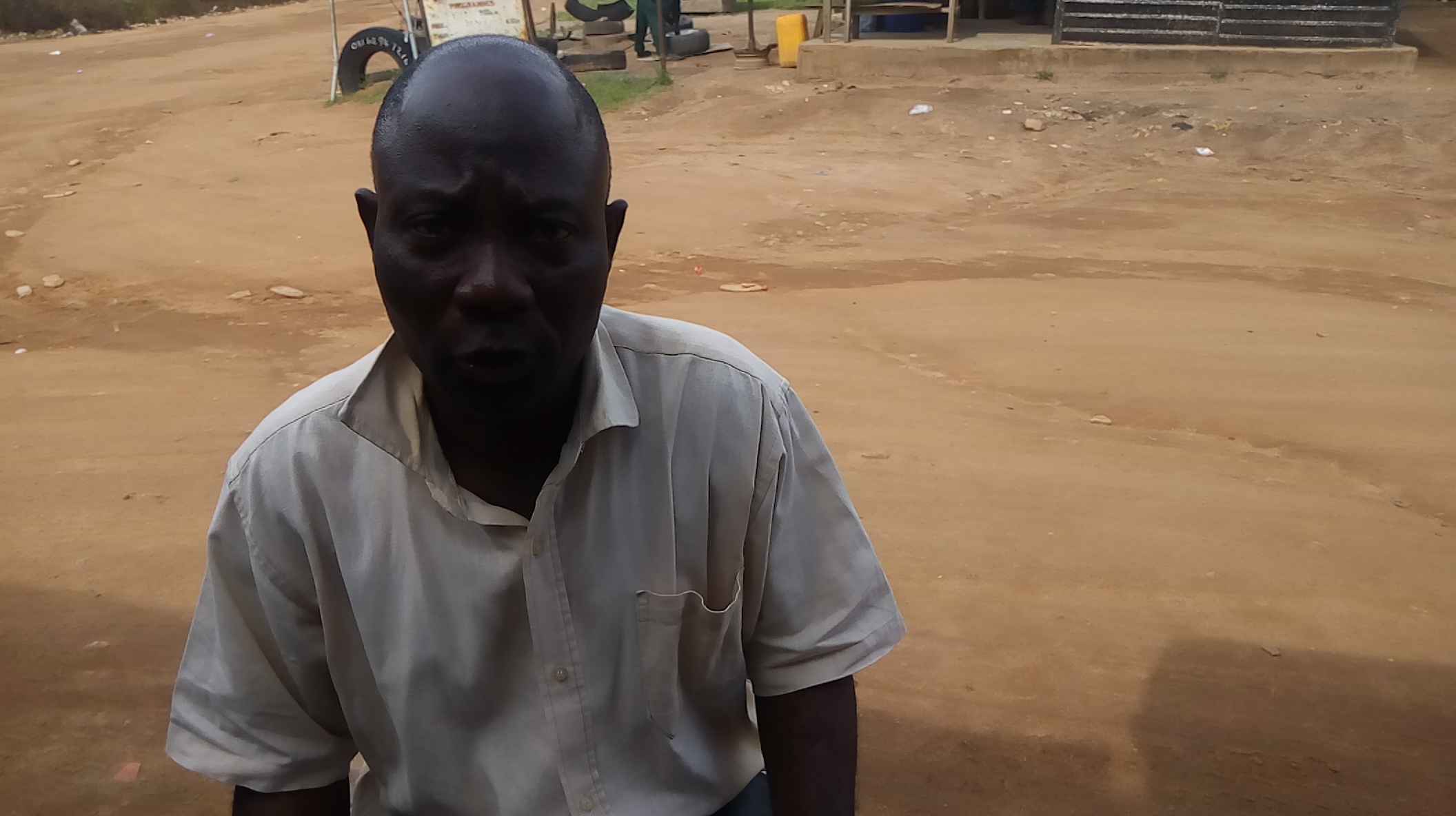
It was a raucous sound on the evening of Christmas eve that pronounced absolute darkness on the population of nearly 900 households — all at once. The source was no other place than the single 250 KVA transformer distributing power to the residents. Some of the 18 settlements include Olusoga, Oluwadare 1 and 2, Ola Eledumare, Ire Akari, Gold, Information village, Faloye, Ologede, Fatoyinbo, Seven Corner.
“Ranging from the times of knocking on doors at the electricity board of the Ondo state government to the BEDC business unit in Akure, the people frantically sent letters to request an additional transformer that will shed the current load of use,” Odefadehan said.
Advertisement
“In addition to the pending request, we complained about an outrageous billing to BEDC for three months but unfortunately, the damage of the transformer changed our concern.”
As soon as they returned to the Akure office of the BEDC, Odefadehan emphatically stated that the officials insisted that the outstanding of N6.4 million electricity bills owed by community members be paid before the broken transformer could either be fixed or replaced.
They rejected the offer. Little did they know that it would mark the beginning of their many troubles.
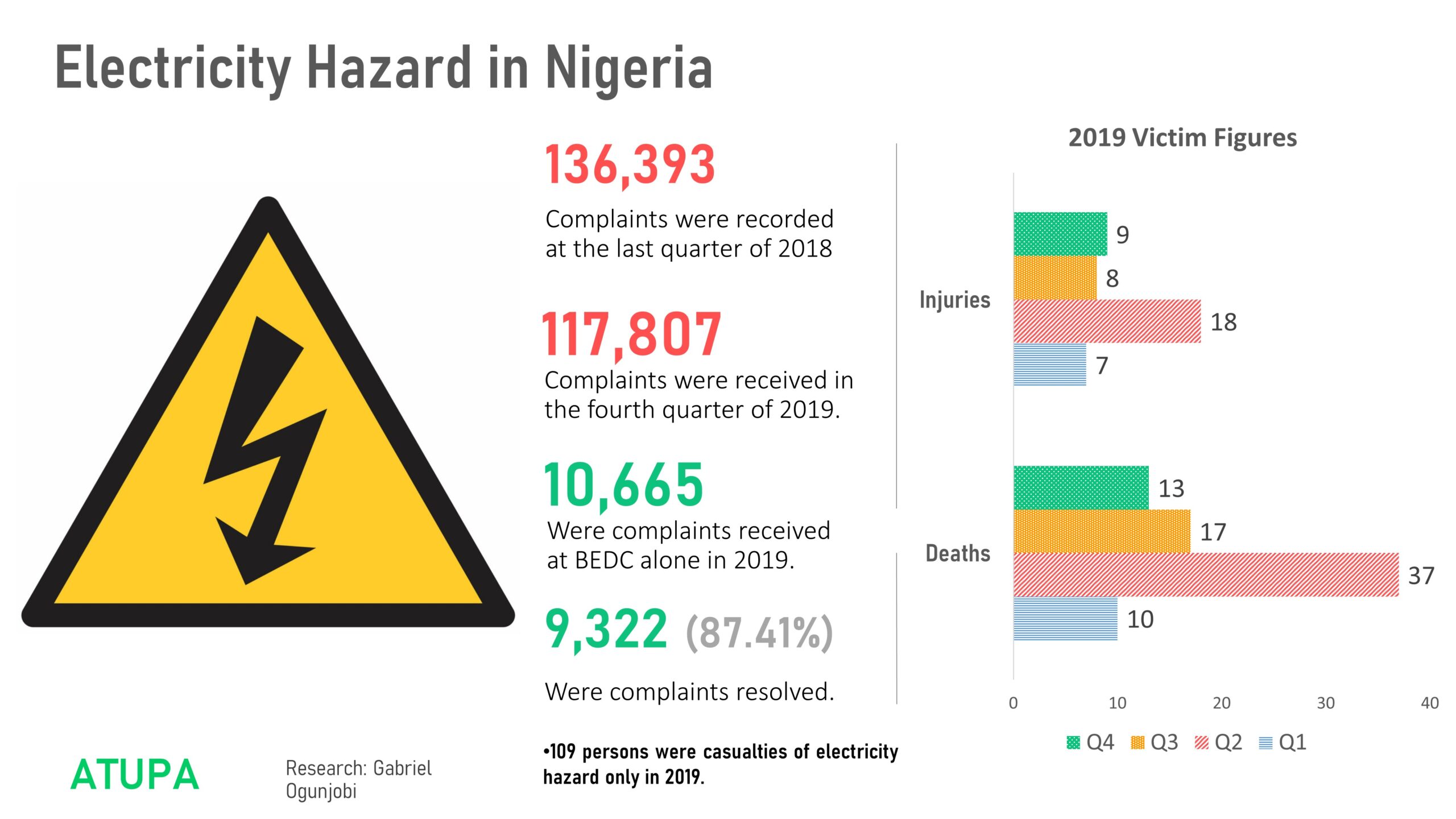
Meanwhile, the Nigerian Electricity Regulatory Commission (NERC), empowered by the Electric Power Sector Reform (EPSR) Acts of 2005, stipulates that it is not the right of an electricity customer or community to buy, replace or repair electricity transformers, poles and related equipment used in the supply of electricity.
Advertisement
So, when Aribisala asked the reporter what their sin was, it was hard to give an answer.
Out of a total of 15 electricity utility bills for the month of September when the community claimed the overbilling was first experienced, only one household had its consumption rate fixed at 426kw/hr. The remaining households were all fixed at 390.
Advertisement
Past consumption rates for all of these households were usually between 75 and 150. Based on the regulated BEDC tariff, R2s, the residential category which the households belong to are N31.26/kw. By that calculation, the consumption rate of 426kw/hr got summed up to N13,982 while 390 kw/hr equals N12,800.
Essentially, the fixed consumption rate became contentious between the people of Surulere and the electricity distribution company.
Advertisement
NEW TRANSFORMERS, YET NO LIGHT
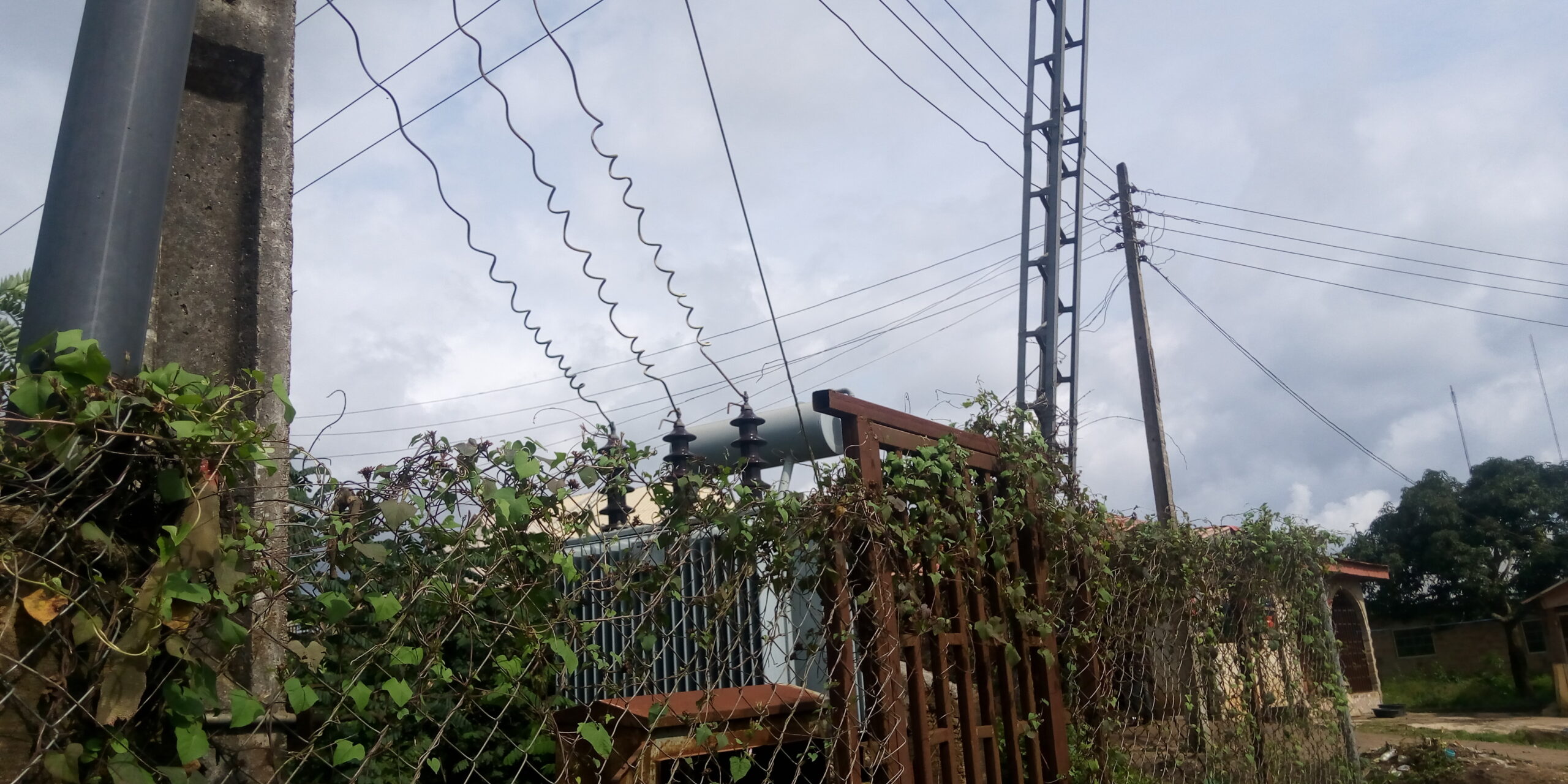
Halfway into 2019, the people had grown weary. Unity was lost in the process. Two groups emerged from the Surulere community largely due to discord.
Advertisement
For six months, Odefadehan’s sub-district contributed a total of N2.5 million and bought a brand new 300 KVA transformer from Lagos. The other group coordinated by Adigun Olawale also spent roughly N3 million to procure a 5oo KVA transformer and high-tensioned wires from Akure. Notably, both settlements did on their own accord.
But when they returned to the BEDC for installation upon transformer procurement, another thing came up. The company had a memorandum of understanding (MOU) with the communities for pre-paid meters in place of the board meters that gave reason for overbilling.
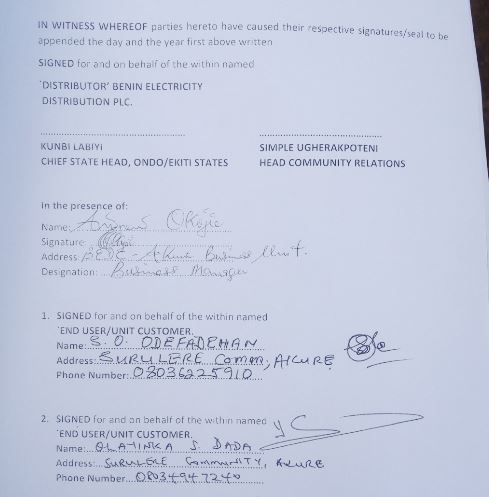
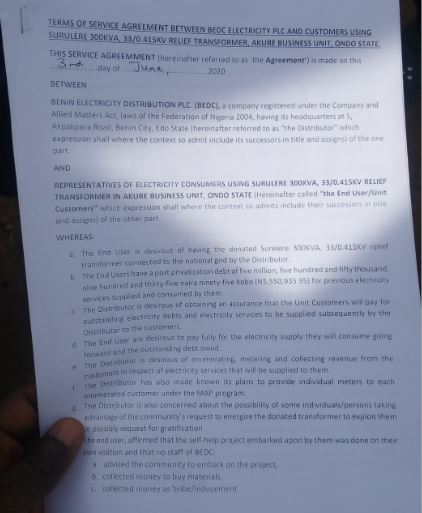
The post-privatisation debt, it was said, emerged from the estimated billing for new households that didn’t have meters and others using the outdated board meters.
“Having fulfilled the terms of the agreement including paying pre-paid meters and over 200 houses paying N1 million to off-lift part of the debt, the BEDC is yet to energise the people,” Odefadehen said.
“This settlement is yet to receive the breakdown of the debt because we are convinced that the genesis to this problem is the outrageous bills and the transformer issue was only a coincidence for pure extortion.”
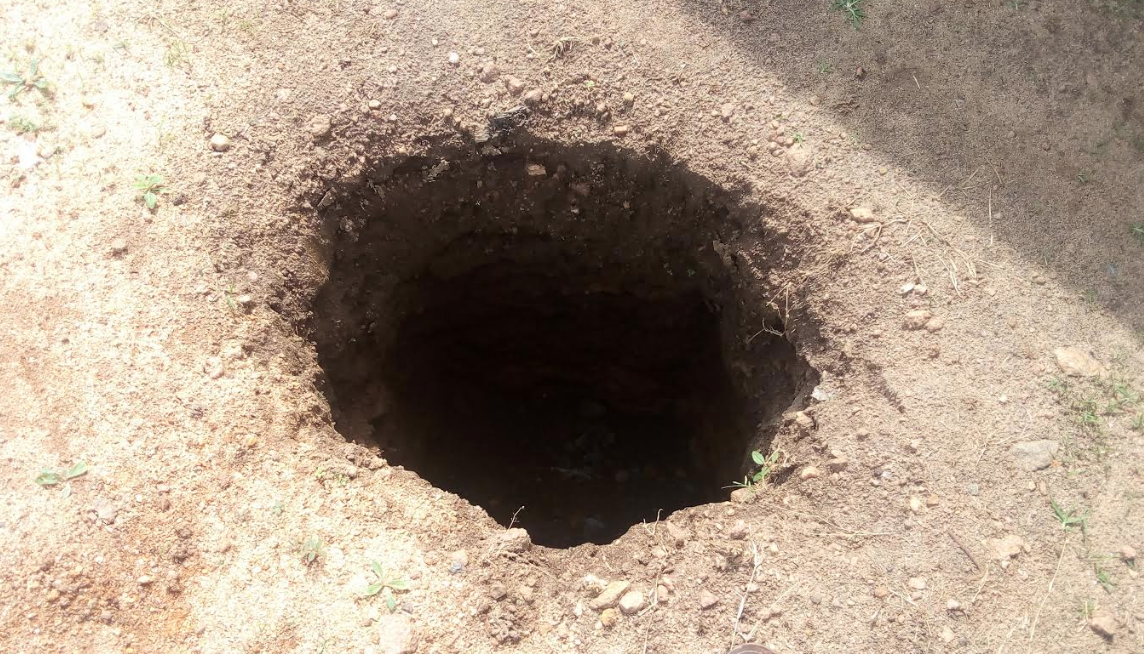
Displeased members of the community also voiced out what they described as the unjust taxing of N1000 per house for pole erection. To dig 112 holes, buy wires and erect concrete poles, each household in Surulere sub-urbans 1 and 3 were asked to pay N1,000 each. N336,000 was raised from over 400 households. Out of the 112 poles to be erected, only 30 have been erected by BEDC so far.
By the time the people were marking one year of power outage, they had spent an average of N7 million naira, according to multiple sources. The community members believe they have fulfilled their own end of the bargain but the electricity company is still reneging on their part of the joint deal.
When contacted, Gbenga Kadri, technical personnel for BEDC, said the process of restoring electricity supply in the community is underway.
DARKNESS AFFECTING BUSINESSES, HOMES
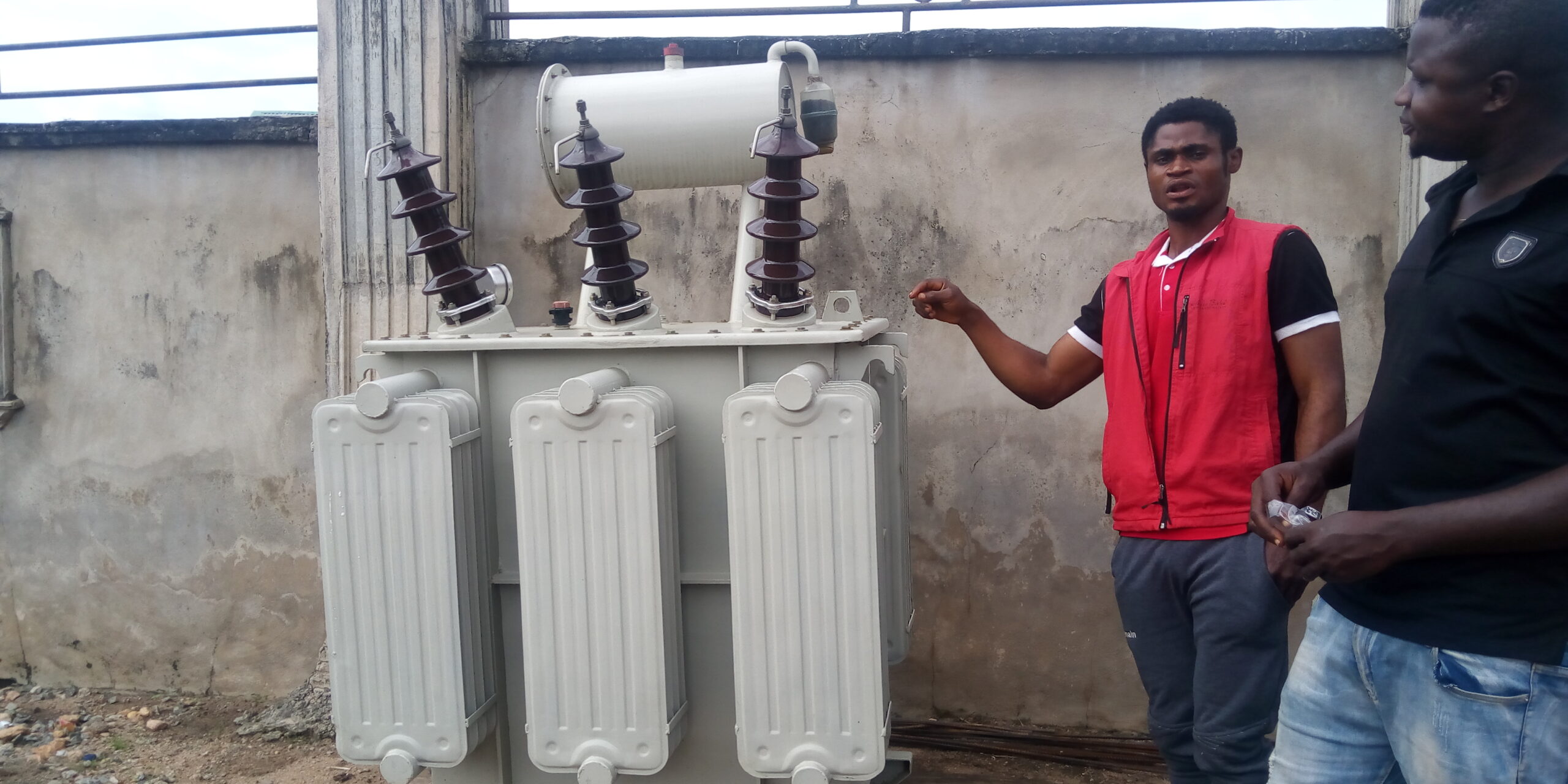
Since the Nigerian government removed fuel subsidy, a litre of diesel now sells for N210 and it will take Hassan Mohammed, a welder, the use of five litres for N1,050 diesel to do his craft for an average of three hours before reluctantly retiring for the whole day.
An average of eight hours as a standard working hour is a luxury Hassan cannot sustain when measured in the margin of the fuel consumption and cumulative profits.
“My generator has stopped working for five days but there is no money to repair it. The job is no longer lucrative for me,” Hassan said.
“A burglary, for example, used to be N4000. Now I charge N6,000 and people don’t want to pay that much. They will rather take my work outside.”
Simeon Friday, a hairstylist, also lamented how low patronage is taking a toll on his business.
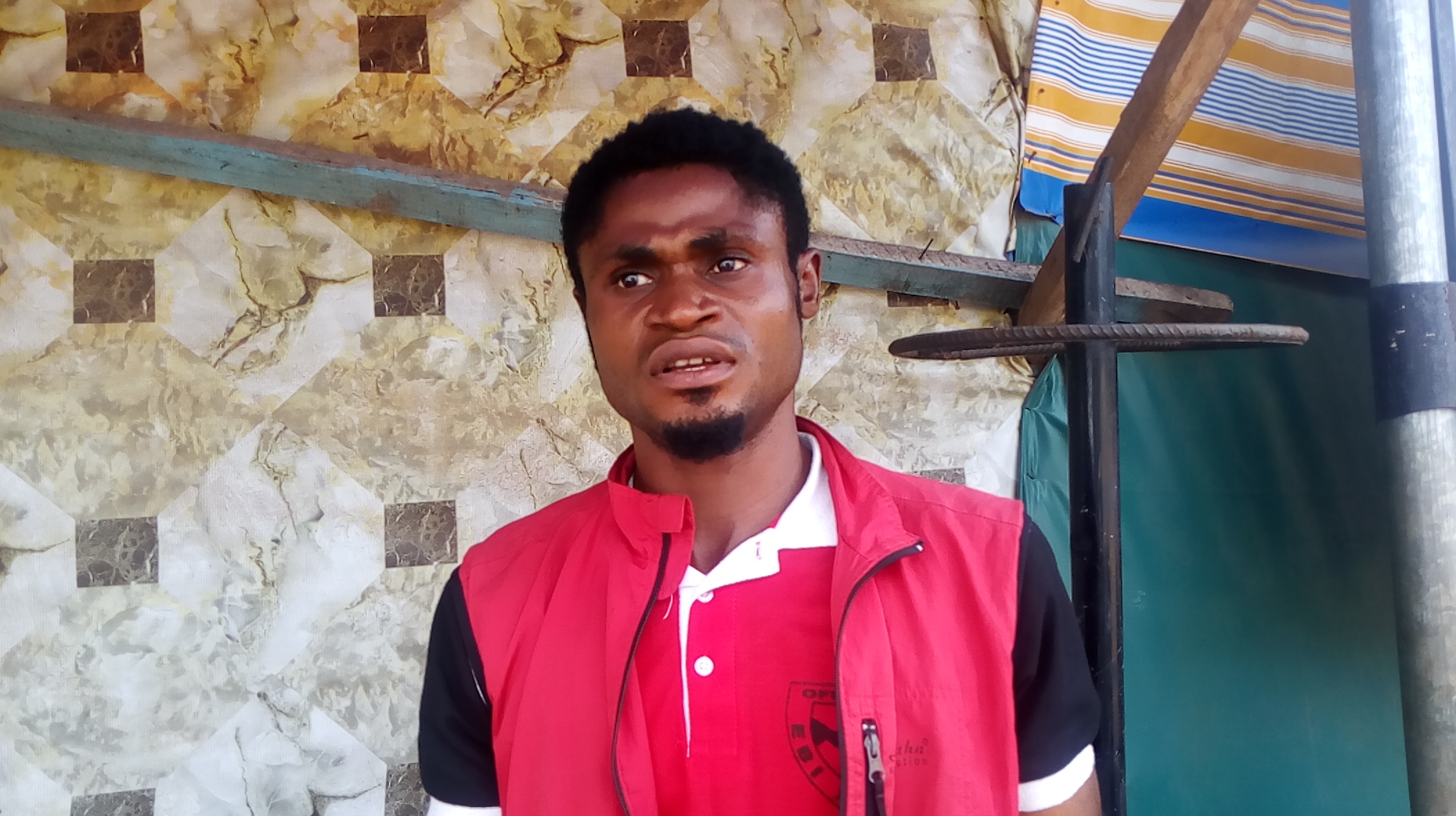
Whilst some occupants have resigned to fate on the possibility of electricity, Sunkanmi Oladapo is one of such that won’t trade his family’s comfort for anything.
“Since there is no light, water and good road, isn’t it good to look beyond owning a four-bedroom property and start a better life elsewhere?” the father of six asked rhetorically when he was quizzed on why he deserted his home. Since Oladapo left in January 2020, he has moved on with life at Oke-Aro community where he rented an apartment. He hopes to return to his house in Surulere someday.
Recent cases of insecurity that dogged the Surulere community as a result of the prolonged power outage has forced more residents to migrate. Funmi Akintoye, a trader, had moved out long before the likes of Oladapo and Falowo families followed suit.
A trek to the location where one of the yet-to-be-installed transformers was sheltered invited a whirlwind of rage from the youth. They felt the reporter was another regular inspector from the electricity company.
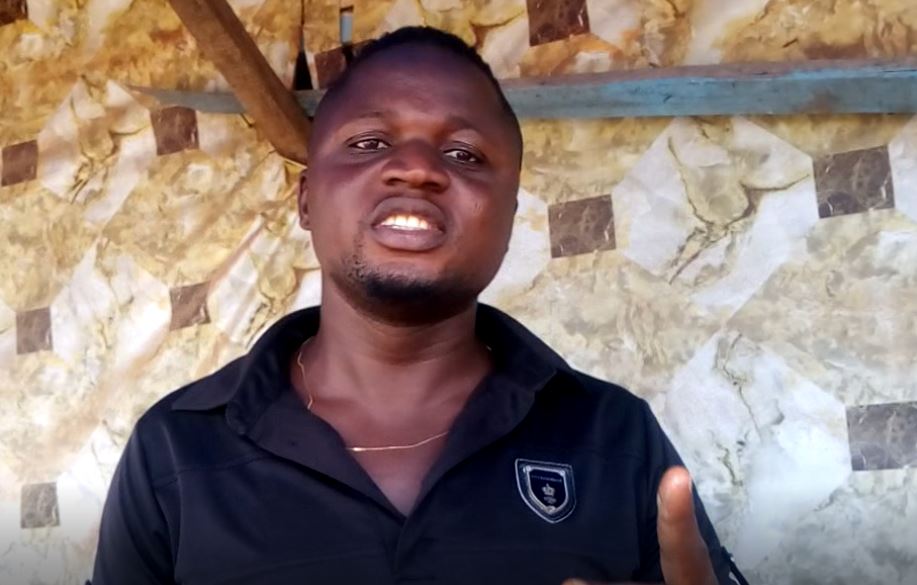
Before one of the community leaders could caution them, their frustrations had gathered momentum and were ready to unleash harm.
“We have planned to stone whoever comes here to check anything again,” one of them threatened.
“What else do we have to do that we don’t know? Very wicked people! They come here to campaign but forget all their promises when the elections are over,” another said.
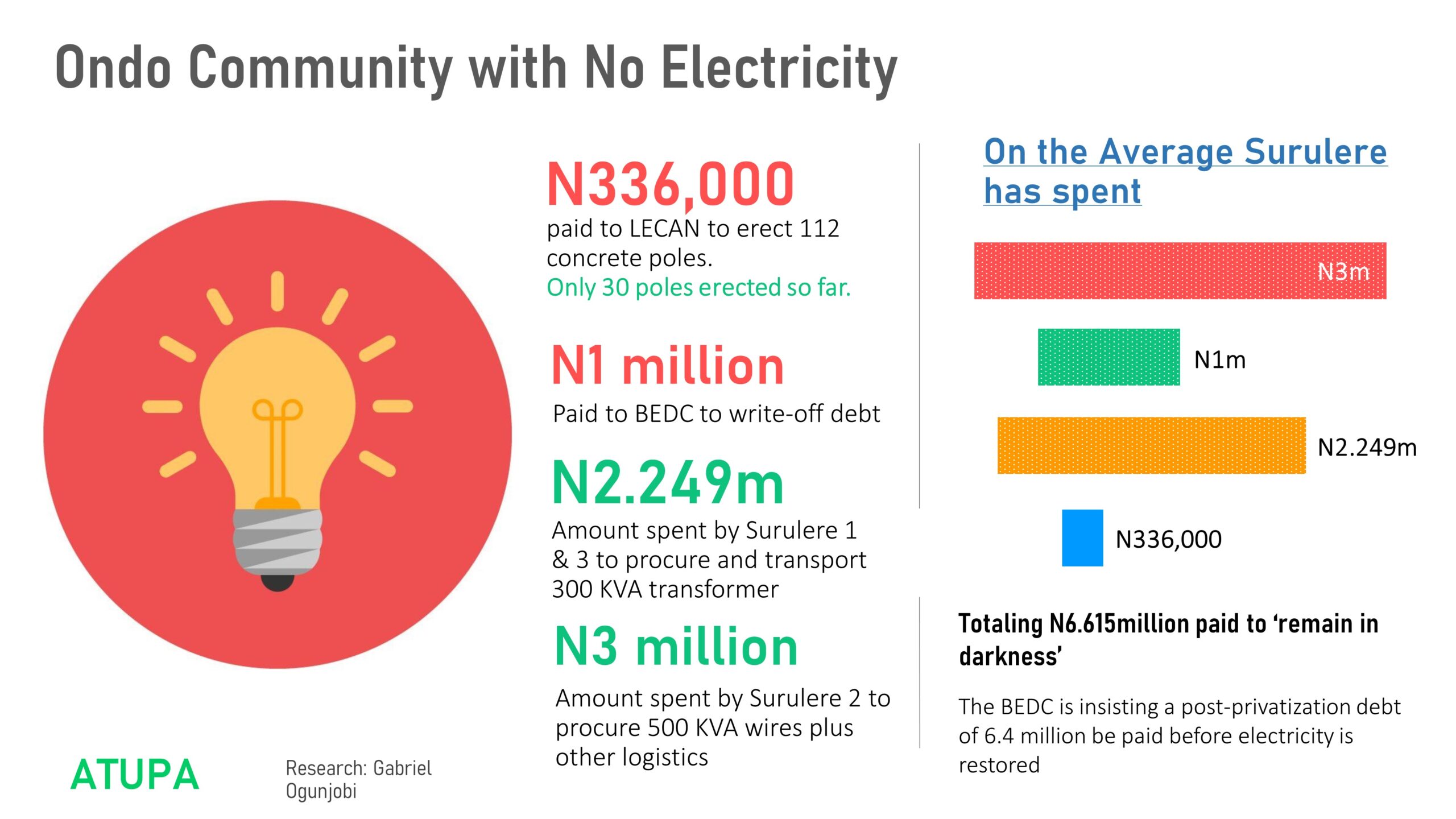
On September 17, the community sought the permission of the police command, Department of States Securities (DSS) and the Nigeria Security and Civil Defence Corps (NSCDC) to stage a protest to the BEDC office in Akure.
According to a resident, the police granted the request. NSCDC only acknowledged the letter but didn’t give express permission. But the DSS advised the people against any protest over the fears of the action getting hijacked by hoodlums ahead of the governorship election in the state. The election held on October 10.
The resident further confirmed that it was after the community bolted protest plans that BEDC brought 30 out of 112 poles they contributed funds for.
Andrew Okojie, business manager for BEDC in Akure, insisted that he could only grant interviews in person despite being reminded of nationwide volatility as a result of the #EndSARS protest.
EXPERT BLAMES WEAK REGULATIONS
As far as the residents of Surulere are concerned, their experience over continued darkness is traceable to the complaint made on outrageous bills, but an expert buttressed on the role of NERC to checkmate DisCos in the interest of public consumers.
Kunle Olubiyo, President of Nigeria Consumer Protection Network, blamed NERC for inability to sanction erring DisCos.
“Fundamentally, all service infractions boil down to the weakness of the regulatory institution. If orders are firm, all DisCos will sit up and we will achieve a difference,” Olubiyo said.
“If the cost of electricity is overpriced, it will affect the level of production. For instance, the African Continental Free Trade Area (AfCFTA) agreement will only turn out to be a disadvantage for the country. The agreement will allow other member states to bring in their goods but Nigerians will remain unemployed, if we don’t get electricity right.”
This report was facilitated by the US embassy and Civic Hive through the Atupa Fellowship
Add a comment
